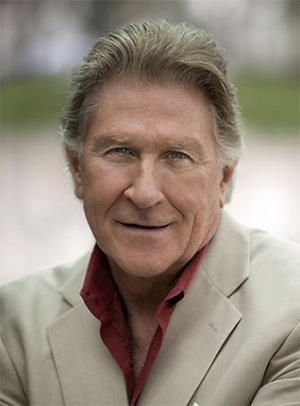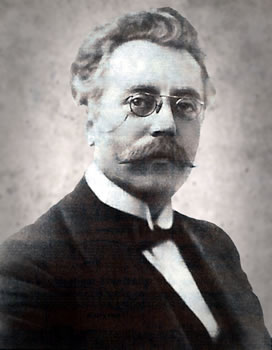by Jarrett Hoffman

•Today: Joshua Redman Group with vocalist Gabrielle Cavassa (pictured) at CMA
•Announcements: Tuesday Musical Scholarship Competition, Early Music America Young Performers Festival, Early Music Month Mini-Grants, and Ohio Light Opera box office opening
•Interesting read: a profile of Wayne Brown, the recently retired president and chief executive of Detroit Opera
•Almanac: Sherrill Milnes and Frank Bridge
HAPPENING TODAY:
At 7:30 pm at Gartner Auditorium, the Cleveland Museum of Art will feature the Joshua Redman Group, featuring vocalist Gabrielle Cavassa. The ensemble features Redman on saxophone, Paul Cornish on piano, Philip Norris on bass, and Nazir Ebo on drums. Tickets are available here.
ANNOUNCEMENTS:
Today at 9:30 am, Ohio Light Opera opens its box office for the 2024 season, set to run June 8 through July 28. This summer’s repertoire includes Guys and Dolls, The Sound of Music, Me and My Girl, The Gondoliers, The Count of Luxembourg, and The Arcadians. More information here.
Tuesday Musical is now accepting applications for its 2024 Scholarship Competition, its largest ever in terms of both the number of scholarships (28) and the total amount that will be awarded ($40,050). The application deadline is February 1. Details here.
Applications are open until February 5 for Early Music America’s 2024 Young Performers Festival, which will be held during this year’s EMA Summit in Cleveland from October 22-24. Applicants must be directors of pre-college or collegiate early-music ensembles from schools in the USA, Canada, or Mexico. More info here.
Another opportunity from EMA: its Early Music Month Mini-Grants of $500, to be awarded in March for projects that expand the reach of early music in your community. Applications close January 15 — click here for details.
INTERESTING READ:
The New York Times has profiled Wayne Brown, the recently retired president and chief executive of Detroit Opera. As David Allen writes, artistic director Yuval Sharon “receives most of the plaudits for the rise in Detroit’s fortunes, but little of its advance would have been possible without the courage and acumen of Wayne Brown.” Read here.
TODAY’S ALMANAC:

With over 650 Metropolitan Opera performances on his resume, Milnes is best known as one of the preeminent Verdi baritones of his time — and YouTube contains several clips of his bread and butter. Here’s one excellent example: “Ah, fu giusto il mio sospetto” from Luisa Miller in a production from the Met.
For a more intimate look at his artistry, how about his wide-ranging program with pianist Jon Spong in Cleveland at Severance in 1980? Watch here.
And for a peek inside Milnes’ mind, read Daniel Hathaway’s 2018 interview with the baritone, focusing in particular on his teaching in master class settings. One of the most memorable sections delves into the subject of language and pronunciation.
“Language is a kicker,” Milnes said. “English speakers have to be able to sing in French, German, Italian, Russian, and these days, some Czech. I always tell singers first of all that we’re faking it. We’re actors, and that’s what actors do. The good ones — and who doesn’t love Tom Hanks or Robert De Niro — make us buy it. We can’t feel completely at home in a language we don’t speak, but there are certain specific sounds in every language that are peculiar to that language. Be sure those sounds get out there, because the audience’s perception is everything. It sounds like double-talk, but what the audience thinks we know is more important than what we know.”

In his early thirties, he wrote what has become one of his most famous pieces: the impressionistic tone poem The Sea (1911). That work has served as an introduction to Bridge’s music for many a listener, including his future student Benjamin Britten, who was “knocked sideways” by it on first listen. (Another interesting note: Bridge himself conducted the U.S. premiere — played by none other than The Cleveland Orchestra.)
Click here to watch a performance by the Frankfurt Radio Symphony, led by Alain Altinoglu.
On the other hand, invite your most musically clever friend over for dinner, put on Bridge’s post-tonal String Quartet No. 4 — composed two and a half decades later — and quiz them on who the composer might be. (Your most musically clever friend could probably use a little humbling anyway.) Here’s a recording by the Maggini Quartet.
Dig deep into just about anything — including the career of a composer — and you might find that it doesn’t fit as neatly and tidily into a box as you thought.



